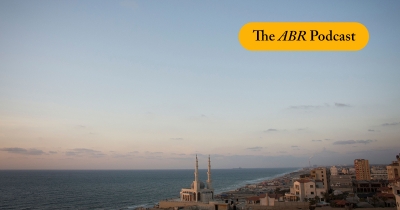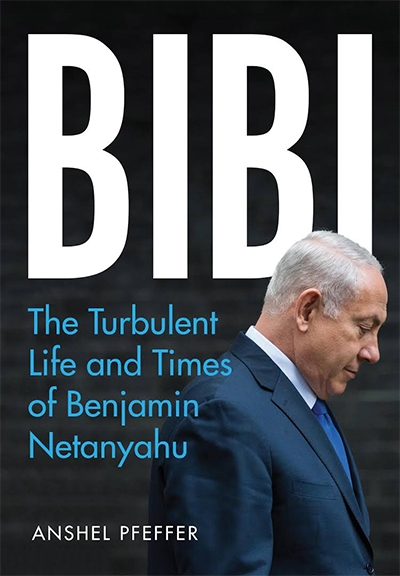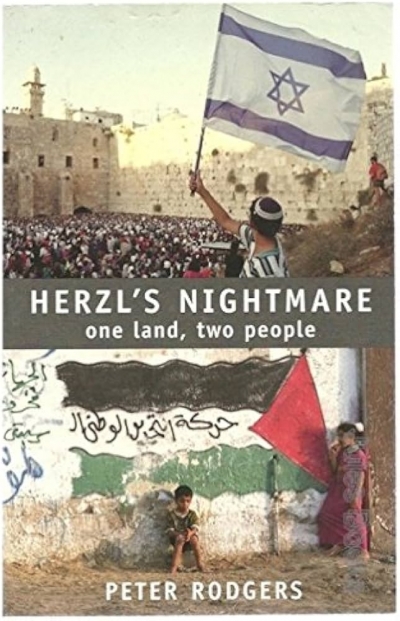Palestine
Sign up to From the Archive and receive a new review to your inbox every Monday. Always free to read.
Recent:
In today's episode, Ilana Snyder – President of the New Israel Fund Australia – places the recent turmoil in Israel and Palestine in the context of the all-too-familiar cycle of tension, violence, and ceasefire that has beset the region for decades. What might it take for there to be an enduring peace? Snyder examines this question, while also identifying what sets the most recent violence apart from previous eruptions: an increase in ‘intercommunal violence’ that ‘has pitted Jewish and Arab citizens of Israel against one another on streets where they have lived side by side for decades’.
... (read more)The Middle-East conflict is perhaps the most intractable in the world. Israelis and Palestinians have been fighting for nearly a century over the land between the Jordan River and the Mediterranean. The world has witnessed a never-ending cycle of tension and conflict, including a number of full-scale wars, with immense suffering on both sides.
... (read more)Bibi: The turbulent life and times of Benjamin Netanyahu by Anshel Pfeffer
Palestine Betrayed by Efraim Karsh & Gaza edited by Raimond Gaita
Tamas Pataki opens his review of Antony Loewenstein’s My Israel Question (October 2006) with a lengthy denunciation of the recent war in Lebanon. He decries Israel’s counterattack against Hezbollah as an ‘atrocity’, citing the ‘awful statistics’ of Lebanon’s larger casualty toll as evidence of the Jewish state’s nefariousness. But this is a curious calculus that ignores questions of who breached the peace by attacking whom, and the ethics of using civilians to shield military operations. The fatuousness of Pataki’s moral yardstick becomes apparent when it is applied to World War II. Germany suffered far greater casualties than the Western Allies. Surely this did not confer upon Nazism the status of righteous victim in that conflict. Pataki uncritically parrots Loewenstein’s contention that Israel’s ‘illegal occupation’ is the ‘cause of legitimate Palestinian resistance’. If by ‘occupation’ he means the territories captured by Israel in 1967, the timeline of conflict tells a different story. The Palestinian Liberation Organisation was founded in 1964 with the goal of Israel’s destruction. Arab violence against Jewish communities in the Holy Land even preceded the establishment of the Jewish state in 1948. So it seems that the ‘cause’ of terrorism is, after all, not Israel’s presence in the West Bank but, rather, Israel’s presence in any form.
... (read more)





